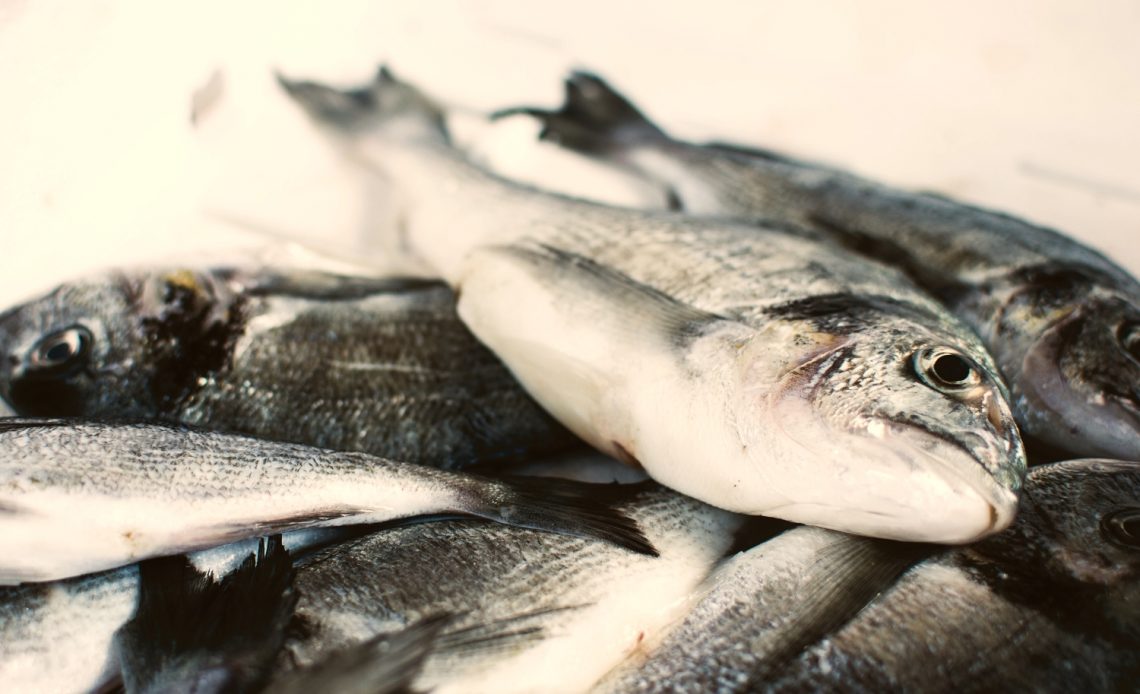

We’re here to help! Wild Yards is a completely free website that is 100% dedicated to helping you create a wildlife-friendly, sustainable yard. Read more
WildYards is reader-supported. When you buy a product through a link on our site, we may earn a comission. Every product is independently selected by our (obsessive) editors and our reviews are unbiased and objective. Read more about our mission or our privacy policy.
Loaded with proteins and highly beneficial fatty acids, fish is an excellent addition to any meal plan.
And people aren’t the only ones who can benefit from fish.
The plants in your garden can also benefit from all of the great things fish has to offer, too.
All-natural and 100% sustainable, fish makes for a fantastic fertilizer for organic gardens.
Many gardeners report better plant health and a significant increase in crop yield after applying fertilizers containing fish.
Fish is nutritious for people and plants alike! Today, we’re taking a look at the many benefits of using fish fertilizer in your garden.
Fish emulsion is a rich source of the three nutrients plants need most — nitrogen, phosphorus, and potassium. It also contains trace minerals, like calcium, sulfur, and magnesium, which support healthy plant growth.
7 Benefits of fish emulsion fertilizer
Made from byproducts of the fish industry, fish emulsion can be diluted with water to feed the plants in your vegetable garden and flower beds.
Fish-based fertilizers smell about as bad as you would expect.
But, these organic plant foods are easy to use and extremely beneficial for plants. Let’s find out why fish fertilizer is so great for gardens.
It’s nutritious
Let’s start with the most obvious benefit of fish fertilizers. When it comes to nutrition, they really pack a punch!
Fish meal, fish emulsion, and other fish-based fertilizers contain healthy doses of the three nutrients plants rely on the most to survive.
On average, fish fertilizers contain 5% nitrogen, 1% phosphorus, and 1% potassium.
Fish-based fertilizers are also an excellent source of minerals, like magnesium, calcium, and sulfur.
Most ocean-based fertilizers, including kelp meal, are great for plants because they’re so rich in trace minerals.
Due to modern agricultural practices, our soils are deficient in these source minerals, meaning the foods we bring to the table are far less nutritious than they could be.
Adding fish meal and other trace mineral-rich fertilizers to your garden’s soil, like rice water, prior to planting supports healthy plants that are capable of producing equally healthy fruits and veggies for you and your family to enjoy.
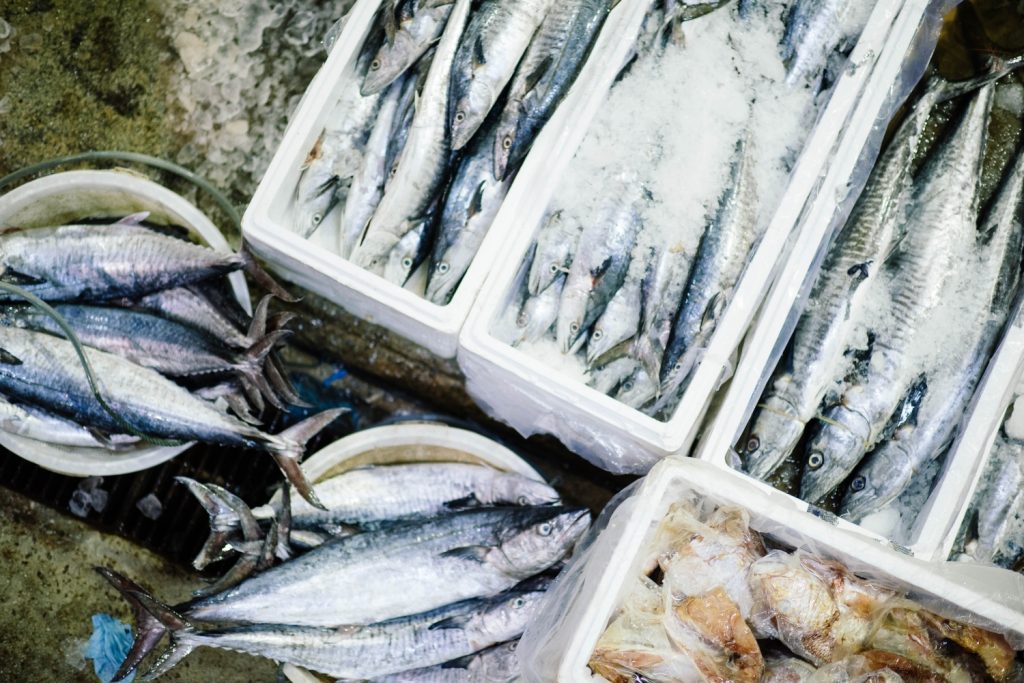
It’s inexpensive
One of the main benefits of fish emulsion is that it’s cheap.
Fish emulsion fertilizer is concentrated. It must be diluted with water before application, and a little bit of this stuff goes a long way.
If you’re looking for a way to feed the fruits and veggies in your garden without breaking the bank, fish fertilizer is an excellent choice.
It’s slow-release
Not only is fish fertilizer inexpensive, but it’s also long-lasting, meaning you get more bang for your buck.
Although synthetic water-soluble fertilizers like triple 14 are easy to find and deliver a specific NPK ratio, one of their major pitfalls is that they don’t last long.
A powdered synthetic fertilizer may only keep your plants fed for a month or so.
But fish fertilizers break down slowly, over the course of weeks to months, providing long-lasting nutrition for your garden.
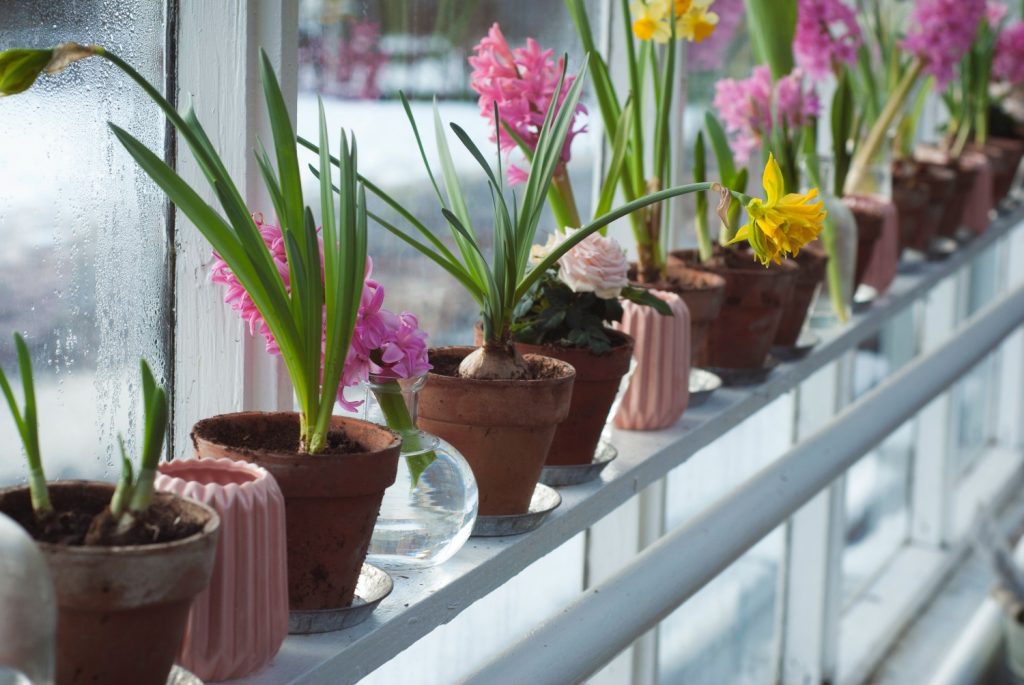
It can be used as a foliar spray for maximum absorption
Fish emulsion is slow-release when applied to the soil or included in compost.
But if your plants need a quick perk-me-up, fish fertilizer can be used as a foliar spray.
Because fish emulsion fertilizers contain relatively low levels of nitrogen, when diluted, they can be applied to plant foliage without running the risk of burning the leaves.
Fish emulsion is highly absorbable.
When applied as a foliar spray, plants can put those nutrients to work quickly.
Fish emulsion can even be used to treat plant diseases, like bacterial spot.
If your plants are showing signs of nutritional deficiencies, with yellowing foliage and stunted growth, using fish emulsion as a foliar spray can improve their appearance quickly.
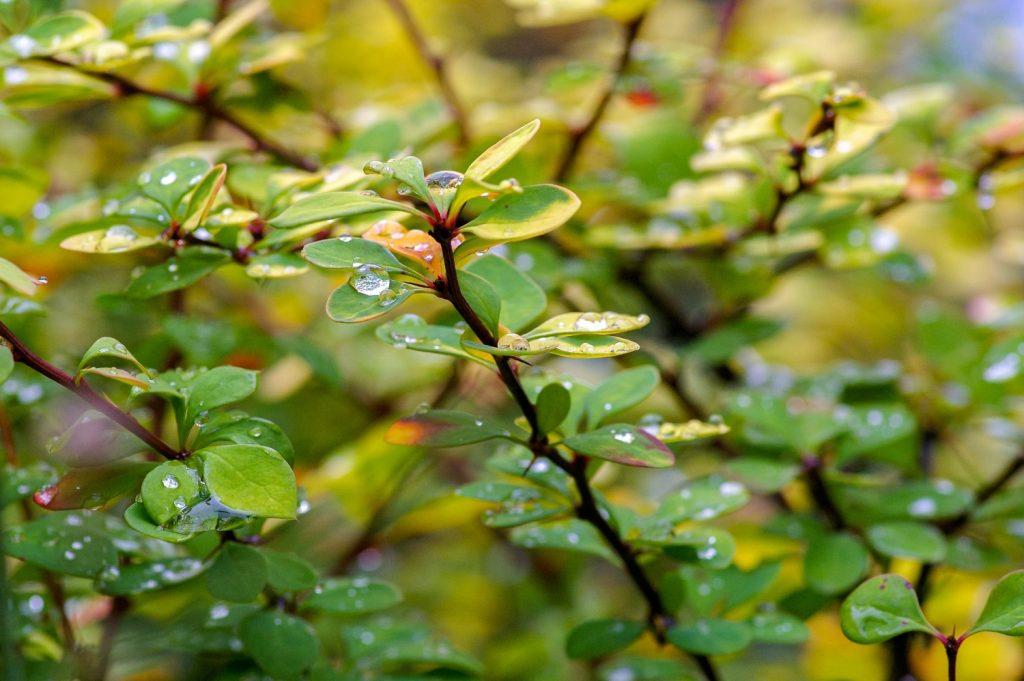
It enhances soil microbial activity
When you find orange mushrooms, yellow fungus, and mold in your potting soil, it can be alarming. But those organisms are actually incredibly helpful for your plants.
A good fertilizer doesn’t just feed the plants in your garden, it feeds the very soil that they’re growing in.
Fish emulsion delivers a healthy dose of vitamins and minerals. But it also contains decaying organic matter that feeds the microbes in your soil.
Why does that matter?
Well, because a healthy soil microbiome supports your plant’s immunity. Plants growing in soil rich in healthy microorganisms are better able to fight off fungi, bacteria, and other potentially devastating diseases.
Many gardeners add fish emulsion and other fish-based fertilizers to their compost heaps to enhance the decomposition process and to create a more nutritious compost for their plants.
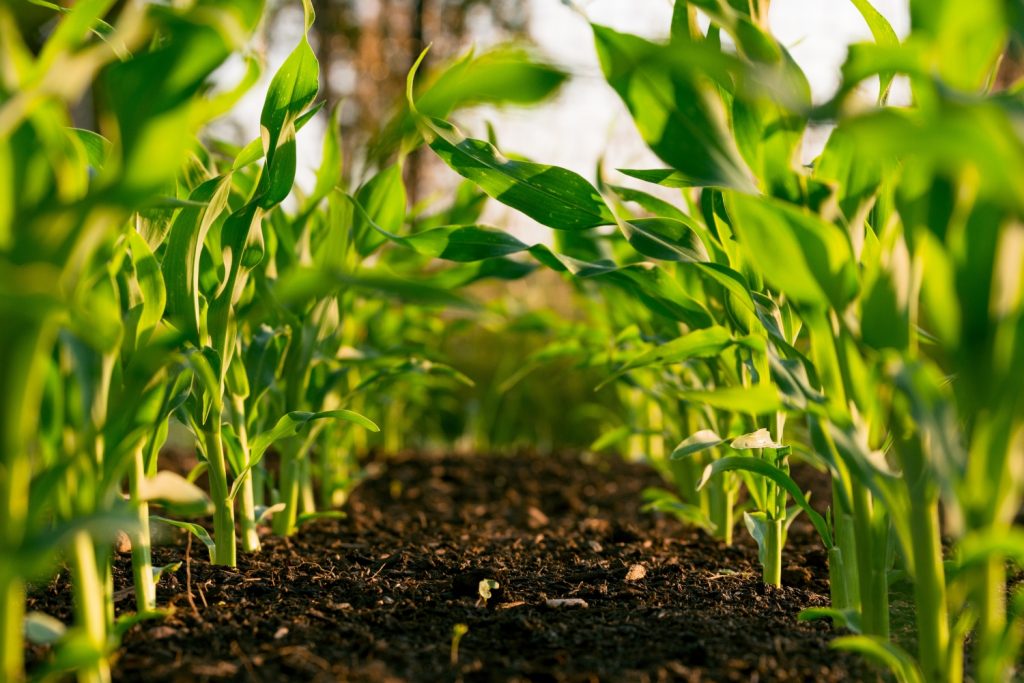
It supports plant growth and fruit development
Because fish-based fertilizers are chock full of nutrients, and because they also work to feed the healthy bacteria in the soil, they can be used to support plant growth.
We all want our crops to produce more fruits. And we want those fruits to be healthy, too, so we get a crop that’s actually worth harvesting.
But fish emulsion does so much more than support fruit production, it also enhances taste.
The fruits and vegetables you collect from plants fed with fish-based fertilizers will be sweeter and more palatable. They’ll also have a better appearance, and be crisper and juicier.
That’s because fish fertilizers work on multiple levels to support healthy plant growth.
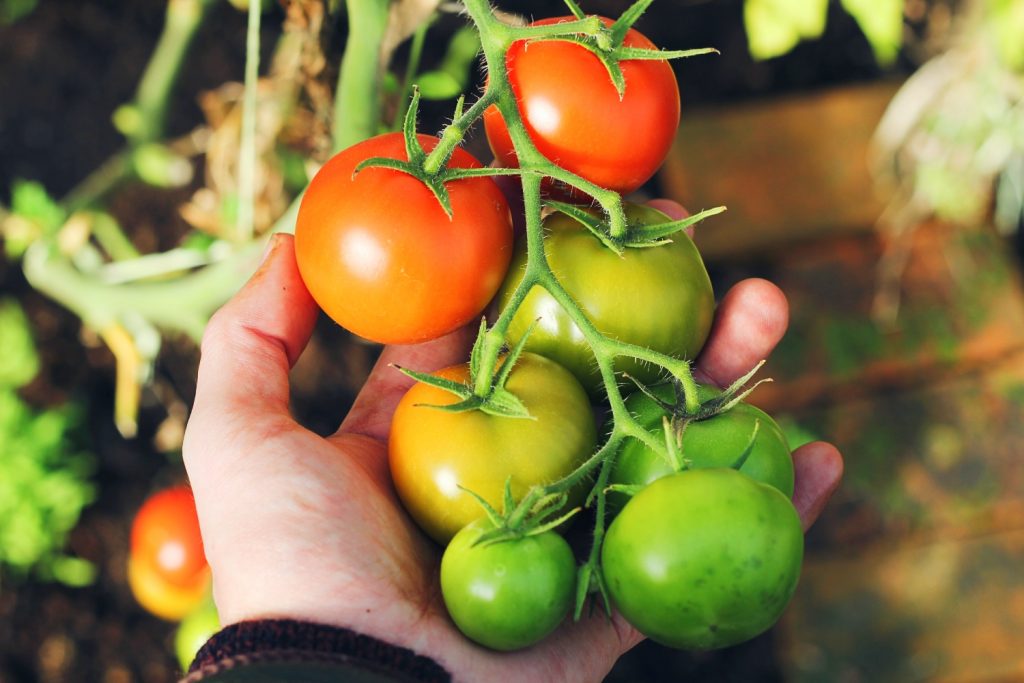
It nourishes plants without harming pollinators
Synthetic fertilizers are damaging to pollinators. But organic fertilizers like fish emulsion pose no threat to these bugs, and that’s another check in the “pros” column.
Pollinators pollinate. It’s in their name! Where would our gardens be without them?
When feeding our plants, it’s important that we also consider our garden’s role in the ecosystem.
Our gardens feed us. But they also feed the bees, butterflies, beetles, and other insects that visit our backyards.
In fact, we rely on these insects to help our crops produce. So it only makes sense that we take care of them.
By using fish fertilizers to feed the fruits and vegetables in your garden, you can rest easy knowing that you’re doing everything you can to support your local ecosystem, and the benefits of that alone are invaluable!
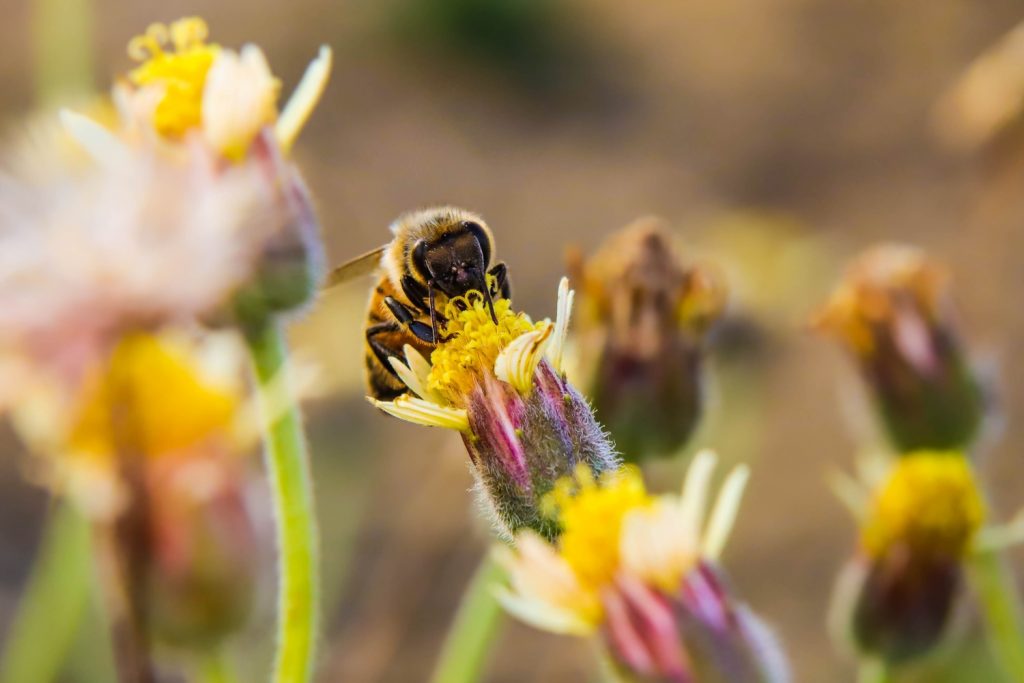
How to use fish fertilizer in your garden
Unlike synthetic fertilizers, which need to be applied carefully to avoid over-fertilizing, fish fertilizers contain relatively low levels of nitrogen, phosphorus, and potassium.
This gives you some wiggle room, so it’s okay if you accidentally apply a little more than you intended.
That said, you still don’t want to overapply the mixture and risk burning your plants or disrupting a healthy NPK ratio.
To use fish emulsion, mix ½ ounce of concentrate with 1 gallon of water, then spray your plants.
You can use this mixture to water plants or apply it as a foliar spray.
To feed your plants fish meal, simply sprinkle 1 to 2 tablespoons of the powder around your plants.
For large garden beds, apply fish meal at a rate of 2 to 5 pounds per cubic yard prior to planting.
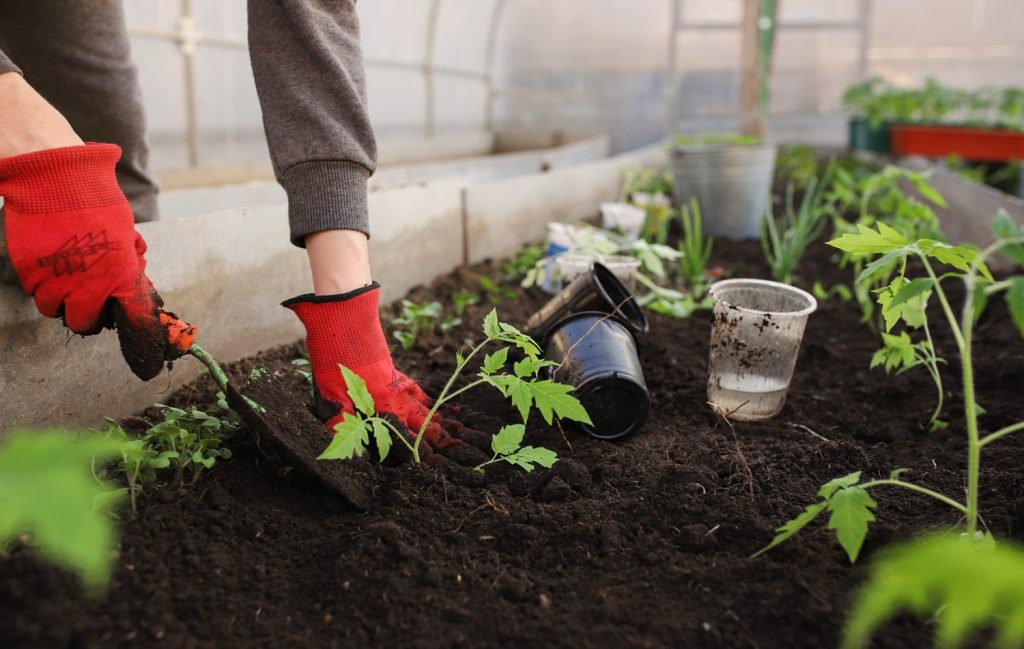
How to make your own fish emulsion fertilizer
If you’re not the type of person who’s sensitive to strong smells, then you can make your own fish fertilizer to feed the plants in your garden.
To start, take a 5-quart bucket and fill it with alternating layers of fish scraps (which can be bones, scales, skin, tails, and whatever else you can find) and leaves.
Layer the fish emulsion until the bucket is about ⅔ full, then add some water.
Be careful not to overfill the bucket with water. Use just enough water to cover the fish/leaf layers.
When you’re done, set the bucket in a far corner of your backyard. As it begins to decompose, it will smell.
Check the bucket regularly. You’ll notice after about a week, particularly if the weather is warm, that the emulsion is starting to produce gas bubbles.
Take a large, sturdy stick and mix the emulsion around every few days to make sure all of the materials break down at an even rate.
After 4 to 6 weeks, your emulsion should be ready.
Strain the leaves and fish scraps from the liquid with the help of wire mesh, being careful not to get the liquid on your skin. Store the emulsion in an air-tight container or bottle.
When you’re ready to use your homemade fish fertilizer, mix 5 ounces of emulsion into a gallon of water to spray your plants.
More tips for using fish-based fertilizers
Fish fertilizers are easy to use. But there are a few things you should keep in mind to maximize their effectiveness in your garden.
Fish emulsion and fish meal are full of amino acids, proteins, and fats. Your plants will benefit from these nutrients the most when they’re fed fish fertilizers at the start of the growing season.
Fertilizing plants at this time enables them to use these materials to build strong tissues, fragrant flowers, and delicious fruits.
Avoid fertilizing your plants in autumn or winter. As plants stop growing and enter their dormant period, they naturally use fewer nutrients.
Applying any type of fertilizer during this time can burn the plant’s roots, stressing it and potentially killing it.
When used properly, fish fertilizers are an excellent addition to any garden, and can significantly improve the quality of your harvest.
